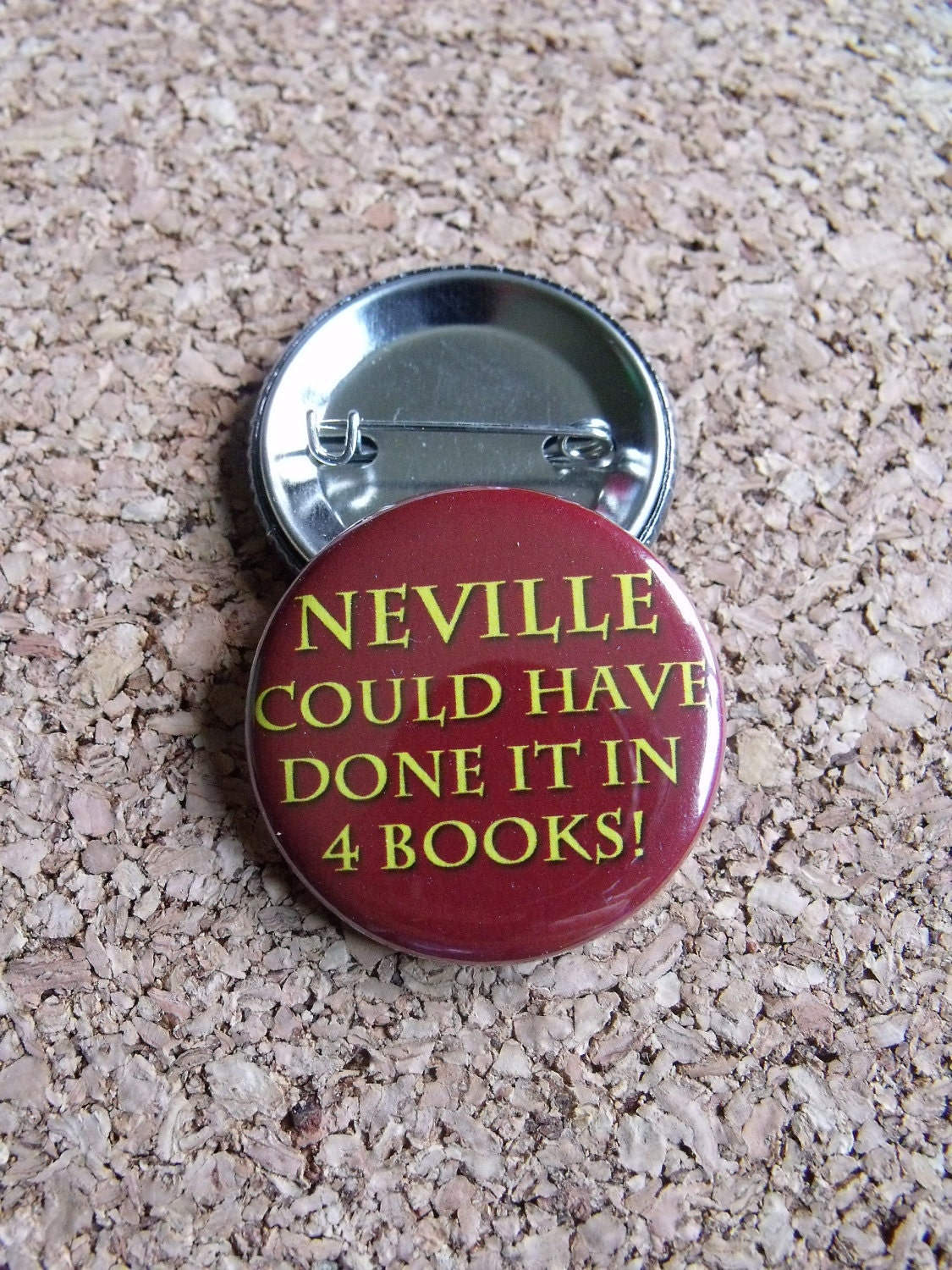Pity the brave heroes. Yes, they may overcome and triumph over villains and personal demons. Yes, their names may ring golden throughout history. Yes, they may fulfill prophecy, outwit Fate, undo curses, complete quests, ascend thrones, and get the happily ever after. But at what cost? The Hero's Quest is an archetypal path. Details vary but the elements remain the same whether you're discussing Superman, Katniss or Harry Potter. No matter the heights they scale or the foes they vanquish, heroes are trapped by the very role they play.
And the modern day hero is flawed. Whether they are flaws that need besting like Indiana Jones' fear of snakes or flaws that can be turned into strengths like the ADHD and dyslexia inherent in all the demigods in Rick Riordan's Olympus series, they are flaws that are laid out in a public vetting as thorough as any an American vice-president may undergo. It's downright embarrassing if you consider that, as a hero, every aspect of your life is considered general knowledge. Forget paparazzi, teenage fanboys and girls are suddenly experts in every like, dislike or neuroses you ever experienced. And beyond the hysteria, there are the EXPECTATIONS. Sure, you killed that baddie and saved the world from that meteor but what have you done lately? Being a hero is downright exhausting.
 |
| Today's shirt courtesy of ThinkGeek |
And where does this leave the happy sidekicks? Free to excel in any field they like without qualms of having a hero standard to live up to. Liberated from public scrutiny and permitted to be as quirky and edgy as they like. They can be endearing or sarcastic or endearingly sarcastic even. They can provide solutions without feigning angst or agony. Yeah, okay, they occasionally end up catching a bullet or a plague for dramatic effect (Whedon has been quoted as saying,"If you want an emotional response from the audience, hurt Willow.") but at least they are not forced to dance the morality/ethical cha-cha for the audience. They can have the occasional heroic moment, that spark of awesome to qualify them for important Girl/Boy Friday status, but there are no expectations placed upon their shoulders. Which is why they are, so often, able to shine brighter in our minds than the "hero".
On TV, these are our Willows, our Monroes, our Kenzies. In the movies, these are our Short Rounds, our droids, our Mr. Universes. In literature, these are our Nevilles, our Mr. Bingleys, our Diana Barrys. These are the individuals we'd like to hang out with, go see a movie with, take out for a smoothie, the heroes being too busy with their junkets and drama.
I've always been slightly outraged by the disregard for Neville's backstory shown by the films. In the literature, it was pure chance that put Harry on the hero's path. If Voldemort and Bellatrix had traded chores, it would've been Neville's mother's love that wounded Voldemort and Neville would've been all scarred and tragic. And in that line of reasoning, based on everything we know...
Smarter, kinder, surviving a lifetime of visits to St. Mungo's and with a grandma that made him toe the line, Neville was made of such stuff as heroes are made of. Sure, he might not be as talented with a broom but in the greater scheme of things, Herbology expertise trumps Quidditch skillz wands down. And the dude knows how to swing a sword.
Years ago, I heard an anecdote about the casting of the 1985 TV film adaptation of "
Anne of Green Gables" wherein actress Schuyler Grant had been cast in the title role only to have a visually ideal Megan Follows swoop in in the eleventh hour to steal the role. As Schuyler went on to portray Anne's bestie, Diana, this anecdote lent a new layer to a scene in the sequel movie (1987) where Anne discovers that Diana has always loved Gilbert but had never made it known because he was "always meant to be" with Anne. After hearing about how the casting fell out, I always thought that there was a note in Schuyler's voice and a glint in her eye that had nothing to do with a fictional infatuation. Some do not embrace the loss of hero status as easily as others.
The most clever recent sidekick/hero play on roles was in the generally panned film
Sucker Punch, which I'm gonna have to admit I liked. Possibly specifically for the fact that Zack Snyder pulled a switcheroo at the end, the moment when Babydoll realizes
that she is not, in fact, the hero of the story and that she was really just the means to someone else's happy ending.
So, it's been a while since I asked for reader participation. Anyone out there have an example of the series/film/book where the side characters are more interesting than the protagonist? Who preferred Jack over Will in "Will and Grace"? Honeycutt over Hawkeye on "M*A*S*H"? Buddy over Charles in "Charles in Charge"? Why are sitcoms the easiest to draw examples from? Ok, a book reference: who else looks forward to Bob the Skull scenes in the
Dresden Files and could do with fewer Harry-preparing-another-spell scenes?




